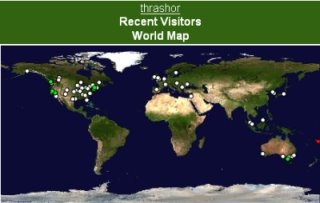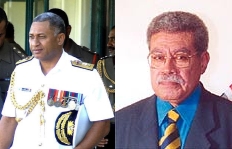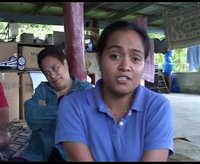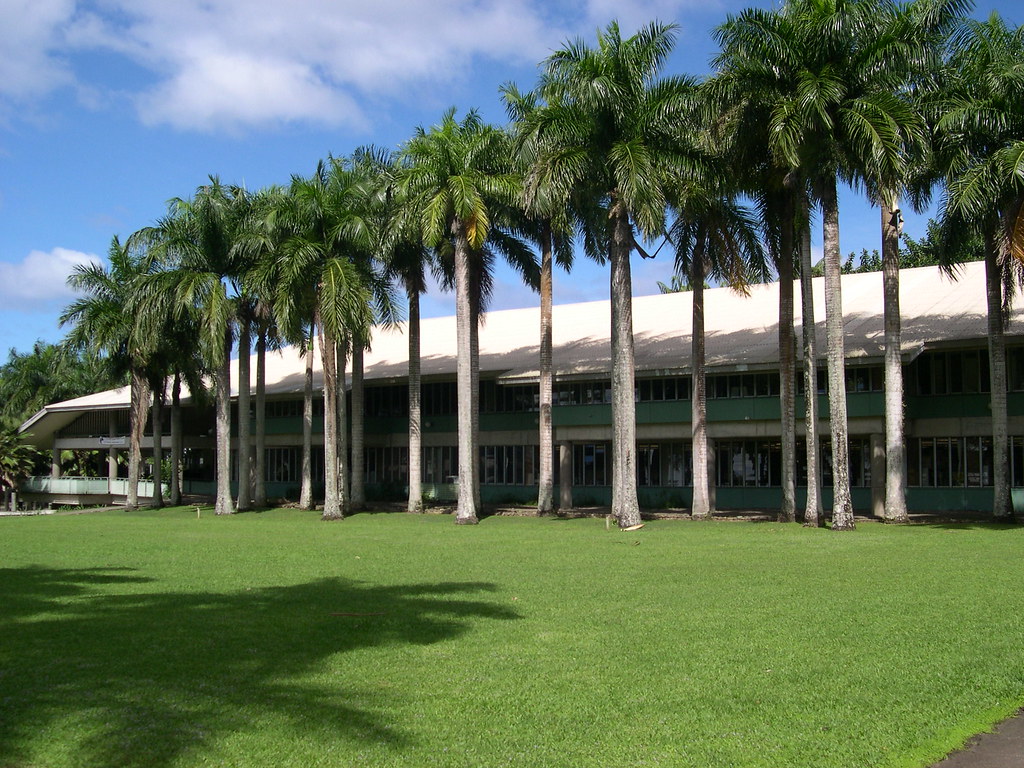
Just is it is crucial to take rumors heard through Fiji's coconut wireless with a grain of salt, it is crucial that Fijians critically evaluate information found via the Internet. Recognize the Internet for what it is - the largest self publishing and communications medium in human history, plus much more. When else in history could I publish my own ideas for pennies and have them be read around the world in dozens of countries?
This capability is the fruit of the Information Age; but we must be cautious, as there are also dangers. The same digital commons that lets me share my thoughts, ideas, and creativity with the world also brings misinformation, fraud, spam, malicious software, and other evils to my virtual door step.
To give just one example, for many of us, when we wanted simple factual information, we used to head down to the library in our town or school and check the Encyclopedia Britannica (now online). Britannica was a reliable source of information because it had built up a reputation over decades for reliable fact checking and a fairly predictable British/American colonial editorial slant. You always knew how far you could trust Britannica. Now, as more people find checking the Internet to be their preferred avenue of information search and retrieval, it is common to surf to the Wikipedia to carry out the same sort of research that was once the domain of Britannica.
However, too few Internet users understand what they are doing when they consult Wikipedia. Wikipedia does not have an editorial committee of prominent academics, nor a small army of proof readers and fact checkers, nor professional writers like Britannica. Wikipedia has hundreds of thousands of Internet contributors - people like you and I - some very clever software, and a band of editors who are focused more on stoping digital vandalism than ensuring the quality of Wikipedia entries. Anyone can add to it or change it - it is quite literally, the people's encyclopedia, or at least the encyclopedia of the techno-literate.
Robert McHenry, a former editor of Britannica published a scathing criticism of Wikipedia in 2004 that clarifies many of the key distinctions between Wikipedia and encyclopedias born of an earlier age. Here is a sample of his critique,
As of November 2004, according to the project's own counts, nearly 30,000 contributors had written about 1.1 million articles in 109 different languages, though some of these language versions of Wikipedia remained quite small. The Manx Gaelic version, for example, had only 3 articles, the Guarani 10, and the Klingon (yes, from the Star Trek series) 48. The largest, the English language version, contained over 382,000 pages that were thought 'probably' to be encyclopedic articles.
[Robert McHenry, The Faith-Based Encyclopedia, 2004.]
The bulk of McHenry's argument against Wikipedia is that low expectations and lack of editorial control result in inaccuracies. While it seems like common sense that Wikipedia would stand head and shoulders above most other traditional encyclopedias when it comes to the volume and magnitude of errors and innaquracies, a
Nature Special Report found otherwise. Despite this, Wikipedia remains a remarkable acheivement. It is the greatest example to date of the power of massively collaborative publishing.
Wikipedia, according to their home page, now boasts over 1.4 million English articles, over 100,000 articles in eleven other languages, plus lesser coverage in dozens of other languages. Despite the validity of McHenry's concerns, one significant strength of the Wikipedia model is its power to capture new topics and ideas as they occur in the world around us. To provide an illustration, at the time of writing this, there is already a page on Duane Morrison, who took six students hostage at a Colorado high school before killing one student then himself one day ago. A search for
Duane Morrison at Britannica Online today, yields one false drop about popular music in 1995.
Recently, a criticism of Wikipedia has been raised that is much more subtle and possibly more important than McHenry's common-sense no-fact-checkers-equals-more-errors critique. Jaron Lanier holds up Wikipedia as the foremost example of what he calls
digital Maoism or the
new online collectivism or even, an
online fetish site for foolish collectivism,
...the problem is in the way the Wikipedia has come to be regarded and used; how it's been elevated to such importance so quickly. And that is part of the larger pattern of the appeal of a new online collectivism that is nothing less than a resurgence of the idea that the collective is all-wise, that it is desirable to have influence concentrated in a bottleneck that can channel the collective with the most verity and force. This is different from representative democracy, or meritocracy. This idea has had dreadful consequences when thrust upon us from the extreme Right or the extreme Left in various historical periods. The fact that it's now being re-introduced today by prominent technologists and futurists, people who in many cases I know and like, doesn't make it any less dangerous...
A core belief of the wiki world is that whatever problems exist in the wiki will be incrementally corrected as the process unfolds. This is analogous to the claims of Hyper-Libertarians who put infinite faith in a free market, or the Hyper-Lefties who are somehow able to sit through consensus decision-making processes. In all these cases, it seems to me that empirical evidence has yielded mixed results. Sometimes loosely structured collective activities yield continuous improvements and sometimes they don't.
[Digital Maoism, The Edge, May 2006]
Lanier's argument is interesting and has sparked a great deal of discussion, but I am not going to take sides here. My point is not that Wikipedia is either good or bad. My point is that searching for information online requires critical thinking and good information about the sources of information themselves in order to succeed. As a nation that has not yet acheived widespread access to computers and the Internet, Fiji is only taking its first steps into the digital world. Fijian ICT and Education policy makers must not forget that
Information Literacy is every bit as important as technical computing skills.
And the next time you are looking for important information online, here is a novel idea:
ask a librarian. (USP staff and students can go
here.)

















